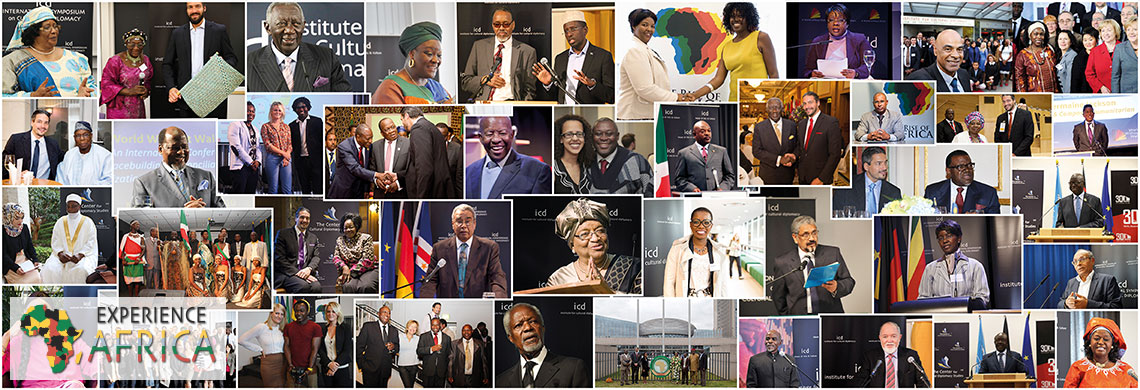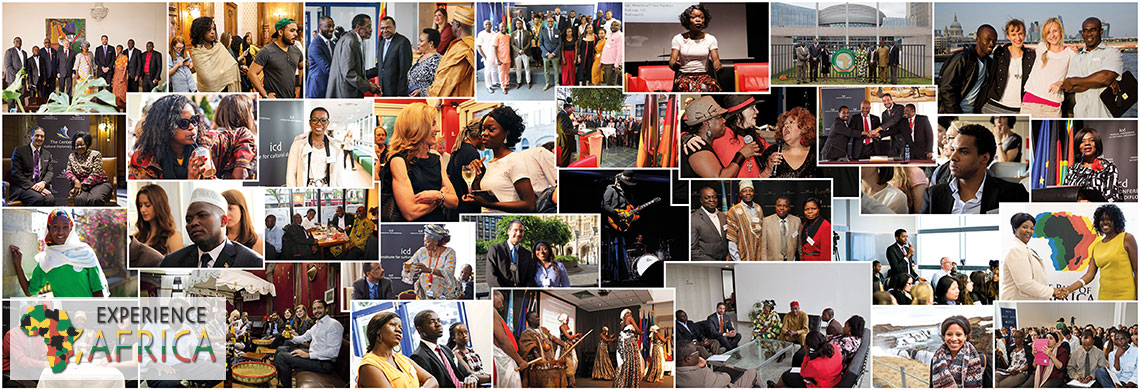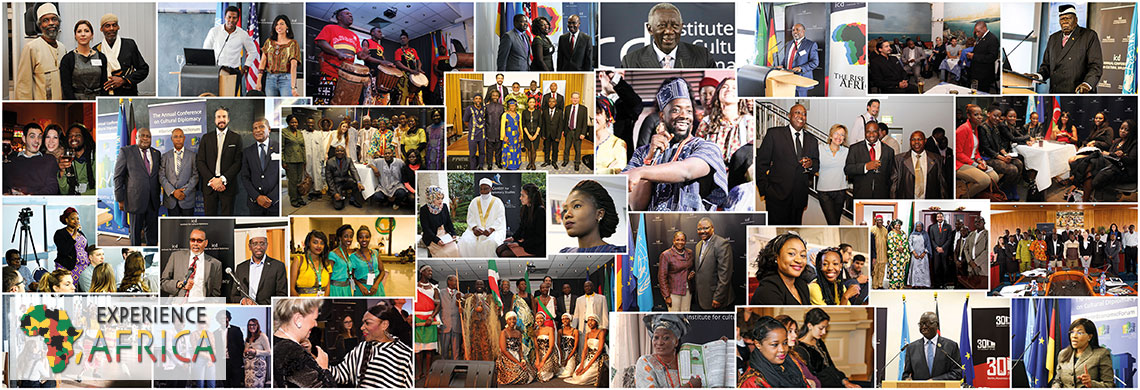Picasso’s Fascination with Africa
 The Institute for Cultural Diplomacy is pleased to announce…
The Institute for Cultural Diplomacy is pleased to announce…
Picasso's Fascination with Africa
The influence of African sculpture on Picasso's art
Speaker:
Laurence Madeline
(Curator and Chief of Cultural and Education Department, Musée D'orsay)
(Cultural Event, Wednesday 9th December at 19:00)
Background Information
Due to the expansion of the French empire into Africa, Picasso became aware of colonial exploitation and abuse of indigenous people in Congo, and also of the great wealth of African culture that was being brought back to Europe. African art came into the realm of early twentieth century French culture, setting free a 'generative impulse' which would undermine the longstanding French artistic traditions. Between 1907 and 1909, a phase that is referred to as his African Period, Picasso's work was inspired by his interest in indigenous arts, particularly African masks.African art depicted emotional and psychological aspects previously unexplored in Western art. For members of the avant-garde, imagination, emotion and mystics were more telling than the properties of mere sight, which had hitherto formed the basis of art in Europe. With its inherent expressive power, African art provided a response to these characteristics. Yet, so called 'Primitivism', in the words of Patricia Leighten, ought to be understood not merely as an appreciation of African art, but also as an act of provocation and social criticism. William Rubin, a noted Picasso expert, wrote in 'Primitivism In The 20th Century': "In no other artist's career has primitivism played so pivotal and historically consequential a role as in Picasso's".
When Picasso first saw African sculptures in the Trocadero Museum of Paris he was fascinated. He remarked: "the masks weren't like any other pieces of sculpture, not at all. They were magic things". In this sense one may take Picasso to be an early cultural ambassador, who expressed his understanding of the African culture and colonial repression through art. Picasso's African period remains one of his lesser known periods, yet it highlights an important development in the art of both Picasso and of Europe. In order to celebrate the influence of African art, Picasso's African Period will be further elaborated on in the ICD's upcoming event 'Picasso's Fascination with Africa', which will form part of the 'Cultural Diplomacy in Africa' conference in December 2010.
For further information, please contact: cdaculturaldiplomacyorg



